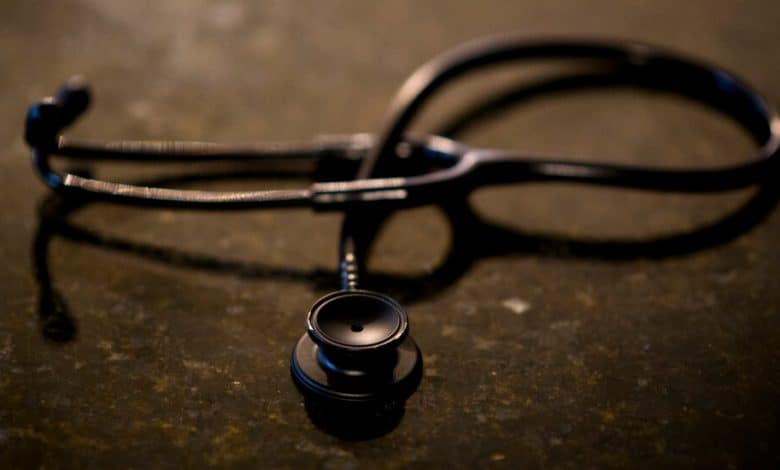Obamacare Is in Grave Danger, Again

Are you better off than you would have been 14 years ago? If you’re one of the millions of Americans who have a preexisting medical condition and don’t have a job that comes with health benefits, the answer is, overwhelmingly, yes.
Why? Because before the Affordable Care Act, a.k.a. Obamacare — signed into law on March 23, 2010, although many of its provisions didn’t kick in until 2014 — you probably wouldn’t have been able to get health insurance. Today you can, thanks to provisions in the law that prevent insurers from discriminating based on medical history and that subsidize insurance premiums for many Americans. (These subsidies also provide healthy people with an incentive to purchase insurance, improving the risk pool.)
And President Biden strengthened the program, notably by extending provisions eliminating the “cliff” that cut off subsides for many middle-class Americans.
But in the near future, you may well lose that hard-won access. In 2017, Donald Trump and Republicans in Congress tried to eviscerate the A.C.A. and almost succeeded in passing a bill that the Congressional Budget Office estimated would have left 22 million more Americans uninsured by 2026. There’s every reason to believe that if the G.O.P. wins control of Congress and the White House in November, it will once again try to bring back the bad old days of health coverage. And it will probably succeed, since it failed in 2017 only thanks to a principled stand by John McCain — something unlikely to happen in today’s Republican Party, where slavish obedience to Trump has become almost universal.
Before I get to the politics, let’s talk about what Obamacare has achieved.
During the Obama era, voices on the right made many dire predictions about its effects. They claimed that the law wouldn’t really expand coverage, that it would be a fiscal disaster and a job killer.
None of these predictions came true. The percentage of Americans without health insurance has fallen by almost half since 2010. Federal spending on health programs, far from exploding, has grown much more slowly than forecast. Back in 2010, the budget office expected outlays on major mandatory health programs to reach 10 percent of G.D.P. by the mid 2030s and “continue to increase thereafter”; it now expects that number to be less than 7 percent. As for jobs, the employment rate among Americans in their prime working years is at its highest level in more than two decades.
